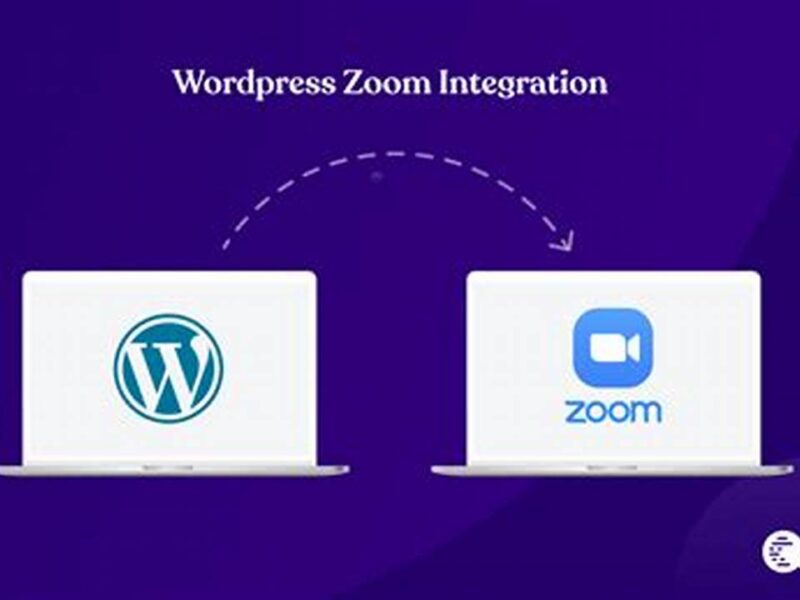Seamlessly connecting your online storefront with your back-end operations is crucial for efficient e-commerce management. Integrating a popular platform like WooCommerce with a robust ERP system such as NetSuite can significantly enhance business processes. This approach offers a streamlined solution for managing inventory, orders, customer data, and financials, ultimately leading to improved productivity and growth. Choosing the optimal integration solution in 2024 requires careful consideration of various factors, including specific business needs, budget, and desired level of automation.
Inventory Synchronization
Real-time inventory updates between WooCommerce and NetSuite prevent overselling and stockouts, ensuring accurate product availability information.
Automated Order Fulfillment
Orders placed on WooCommerce automatically flow into NetSuite, triggering fulfillment processes and reducing manual data entry.
Centralized Customer Data
Consolidated customer information provides a 360-degree view for personalized marketing and improved customer service.
Streamlined Financial Management
Automated synchronization of sales data, taxes, and payments simplifies accounting and reporting processes.
Reduced Manual Data Entry
Automation minimizes errors and frees up valuable time for other essential business tasks.
Improved Order Accuracy
Automated data transfer reduces the risk of human error in order processing, leading to higher accuracy rates.
Enhanced Scalability
Integration allows businesses to easily handle increasing order volumes and expand their operations without significant disruptions.
Real-time Visibility
Access to up-to-date data across both platforms provides valuable insights into business performance and facilitates informed decision-making.
Increased Efficiency
Streamlined workflows and automated processes improve overall operational efficiency and reduce processing time.
Improved Customer Experience
Faster order fulfillment, accurate information, and personalized service contribute to a positive customer experience.
Tips for Choosing the Right Integration Solution
Consider factors like data volume, budget, required features, and compatibility with existing systems when selecting an integration solution.
Leveraging Pre-built Integrations
Explore pre-built integration solutions offered by reputable vendors for a faster and potentially more cost-effective implementation.
Custom Integration Development
For unique business needs, consider custom integration development to tailor the solution to specific requirements.
Ongoing Maintenance and Support
Ensure the chosen solution offers adequate ongoing maintenance and support to address any technical issues or updates.
What are the key benefits of integrating WooCommerce with NetSuite?
Key benefits include improved order management, automated inventory updates, streamlined financials, and enhanced customer insights.
How do I choose the right integration solution for my business?
Consider factors like budget, data volume, desired features, and the level of technical expertise available within your organization.
What are the different types of integration methods available?
Common methods include pre-built integrations, custom integrations, and iPaaS (Integration Platform as a Service) solutions.
What is the typical cost of implementing a WooCommerce-NetSuite integration?
Costs can vary significantly depending on the chosen method, complexity of the integration, and ongoing maintenance requirements.
Is technical expertise required for implementing and managing the integration?
While some solutions offer user-friendly interfaces, technical expertise may be required for more complex integrations or troubleshooting issues.
How can integrating WooCommerce with NetSuite improve customer satisfaction?
Integration can lead to improved customer satisfaction through faster order fulfillment, accurate order information, and personalized communication, all contributing to a better overall customer experience.
Connecting WooCommerce and NetSuite offers a powerful solution for businesses seeking to optimize their e-commerce operations. By automating key processes and centralizing data, companies can improve efficiency, gain valuable insights, and enhance customer experiences, ultimately driving growth and profitability in the competitive online marketplace.


